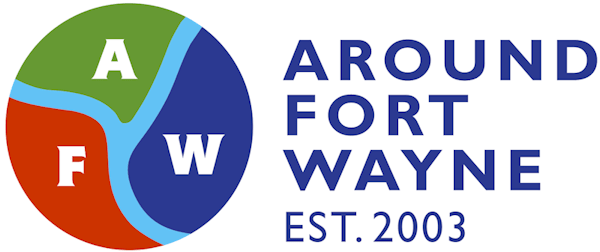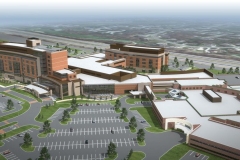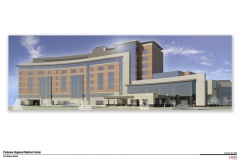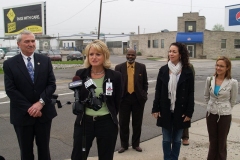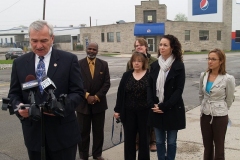![]()
Press release from Parkview Hospital:
Northeast Indiana hospitals to adopt plain language emergency alert notifications
(December 31, 2015) – Regional hospitals will soon implement a new emergency alert notification system. The plain language alert system will replace each hospital’s current color code system that is used when notifying co-workers of situations like severe weather, fires, and disasters within the community like a chemical spill. The initiative to adopt the plain language codes in all northeastern Indiana hospitals has been led by the Northeast Indiana Patient Safety Coalition (NeIPSC).
Throughout northeast Indiana, a lack of uniformity exists when it comes to emergency alert notification systems. The color code system used to notify staff during emergencies may differ from hospital to hospital. For example, one may notify its team members of severe weather by implementing a “code white,” whereas another might call a “code brown.”
The NeIPSC is committed to increasing patient, co-worker and visitor safety during any incident. Therefore, the decision to adopt plain language is the group’s proactive approach to promote transparency and safety within each of its member hospitals. The adoption of plain language is based on literature, research and trends among hospitals and health systems throughout the United States and has become a best practice approach to emergency alert notification.
The current best practice to notify hospital employees, and its patients and visitors, is by announcing the emergency alert using the overhead paging system. This approach will not change. However, instead of calling out a code by color, it will now be announced using the plain language approach. Examples of this include:
[table id=5 /]
Plain language within healthcare is a pillar of health literacy and has been adopted to demonstrate improved patient safety outcomes. Employees, who are new to the field of healthcare, or those who work at multiple hospitals, may not recall unique code nomenclature that could potentially result in an adverse action. The adoption of plain language throughout regional hospitals will help people better understand the information they’re receiving and know what actions to take without further explanation.
